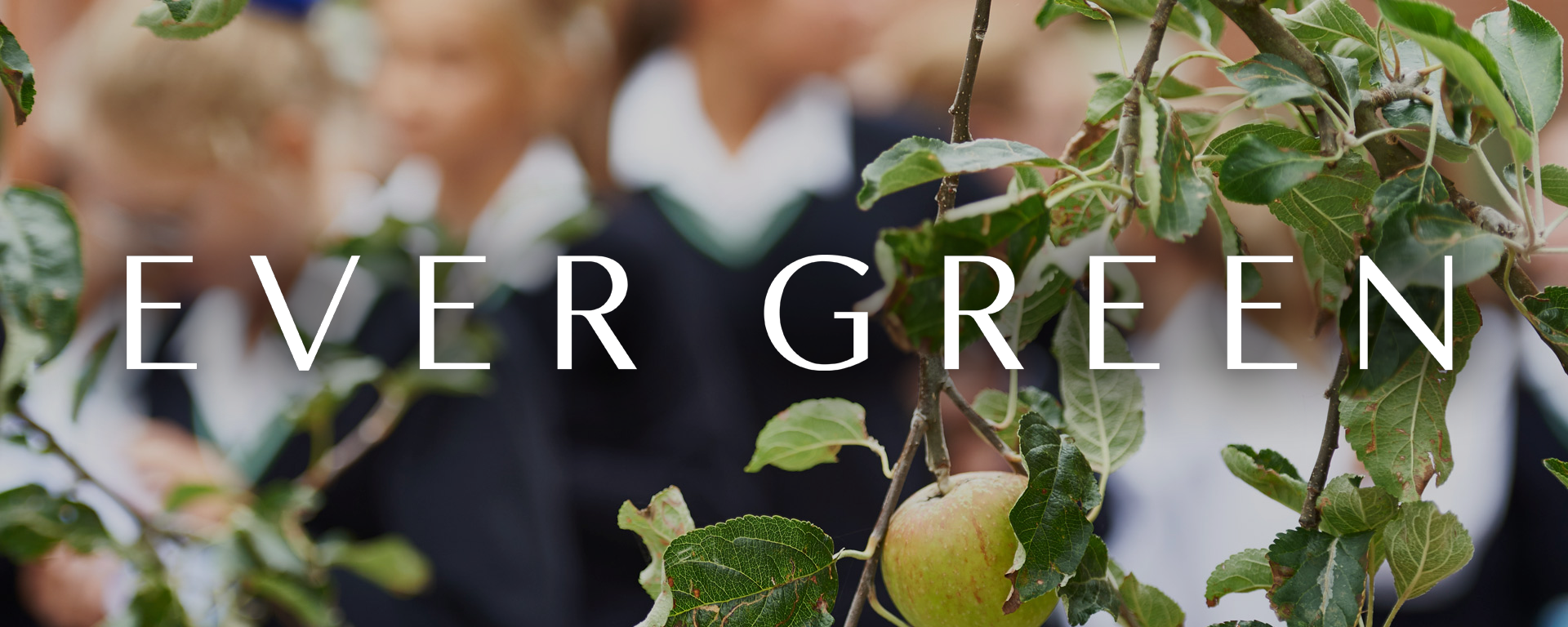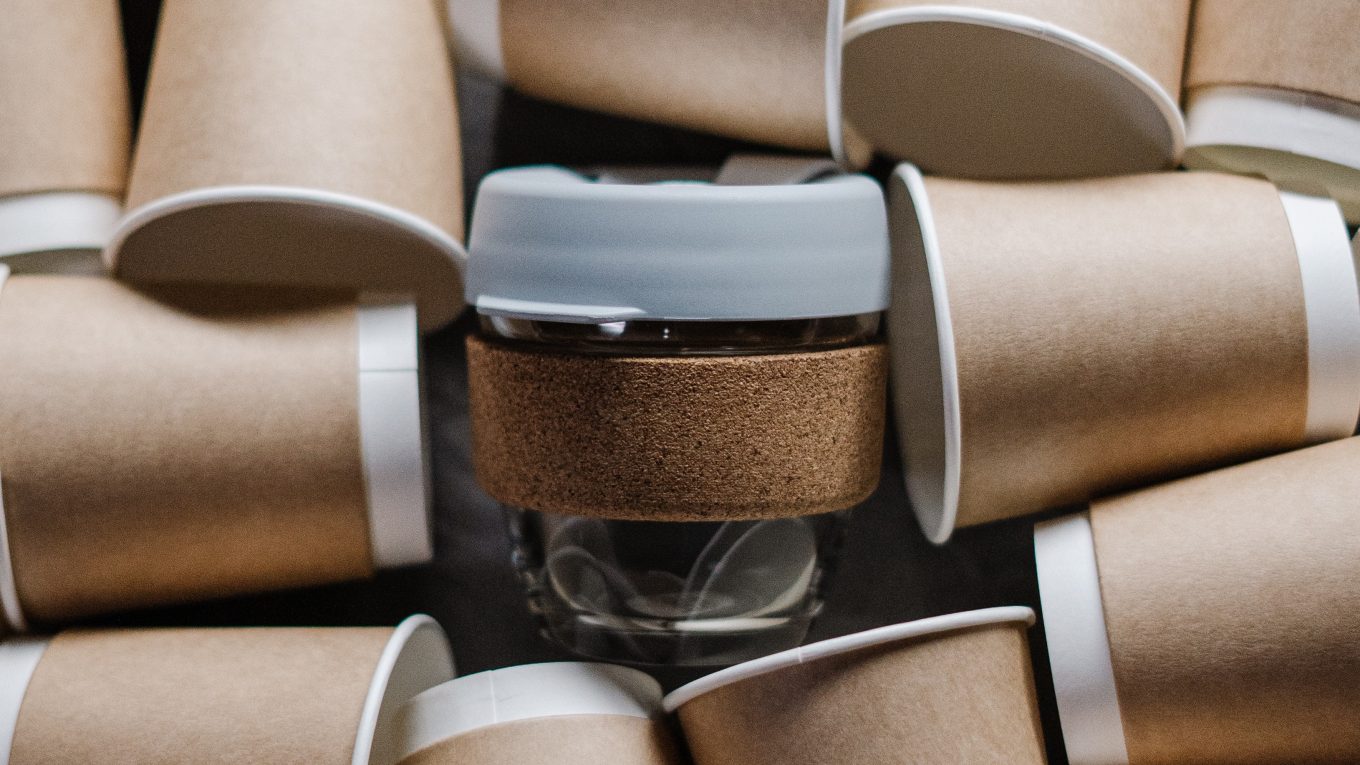Eco Thursdays: recycling
In this Eco Thursday email, first posted on the 10th November, Sasha reveals some of the hidden truths about recycling.
——
Greetings, Chai Lattes,
You may be, once again, wondering about the creative choice of introduction, but fear not – there is method to the madness. Chai Lattes (other than those made lovingly at home), tend to symbolise not only the spirit of Autumn (NOT Christmas, Elys, hold your mince pies, it’s November), but also your typical drink to come in a disposable cup. That brings us rather nicely and completely spontaneously to today’s topic – recycling.
Recycling is one of those things that makes you feel all warm and fuzzy inside, second only to teddy bears and the aforementioned Chai lattes. That environmental superiority we feel when we put our finished carton in the “mixed recycling”, hoping to see it reincarnated into, perhaps, another carton… bliss.
But that doesn’t happen. [cue dramatic blockbuster-style reveal music]
The current reality is that we recycle badly, and we use it as a crutch to stop ourselves from feeling guilty about using plastic, paper and aluminium in the excessive amounts that we do today. It’s what we’re used to, it’s cheap, it’s what is convenient for the companies and for their customers. But it’s not convenient for the planet. There is physically not enough space to have this much indestructible waste, piling in landfills and not returning anything to the earth (other than methane, which we have enough of already, thanks).
Let me bust a myth (ghoooost BUSTERS): the only materials that can be recycled without decreasing their quality are glass and metal. They are reusable, truly recyclable, permanent materials. Paper and plastic decrease in quality with every trip to the ol’ recycling plant, meaning after becoming an egg carton, there’s not much that can be done.
But enough melancholic prose; here are (many – I got carried away) resources to look around the topic:
- Documentary: Broken on Netfliix consists of four episodes, each looking at an example of widespread negligence in mainstream items (fraudulent makeup, vapes, disposable furniture and, finally, recycling). Recycling Sham, the last episode, looks at how recycling plants are operated and the impacts of more developed countries dumping their waste elsewhere.
- Youth Summit Event: Transform Our World. A thrilling online event that spanned the week of COP27, with workshops for youths (as in, US) on harnessing the power you have to make a difference.
- Article: Where Does Your Plastic Go?:

- Unconquered Peaks article (cross promo): Is Recycling Greenwashing? Research into the origins of curbside recycling collection, and why promoting it benefitted large corporations.
- Article: 5 Recycling Myths Busted: a very hopeful insight into the importance of recycling, its relation to job creation and how the technology has developed.
- Craft!!! Make your own rustic paper (the RA cotton sheets have nothing on this): crafty recycling of random sheets you may have. Beginner version or slightly more advanced (in terms of materials needed):
- Recycling guidelines from the government themselves: a very useful guide, personal to your postcode, regarding what can/cannot be recycled (separated by the type of waste), as well as tips and other information around disposal.
I will end this incredibly long edition with the opinion that recycling is still very much a necessity, and that a well-recycled material will save energy and resources; we just need to hold ourselves accountable for what we consume and how we dispose of it, and to hold the companies accountable for their product, for their marketing and for their impact.
Just because a business seems to be doing more than others (which, usually, is the bare minimum of sustainable business anyway), don’t let that greenwash you into believing that we can’t constructively criticise them to do even better. Don’t let them greenwash, gatekeep and girlboss.
Thank you,
Sasha.


